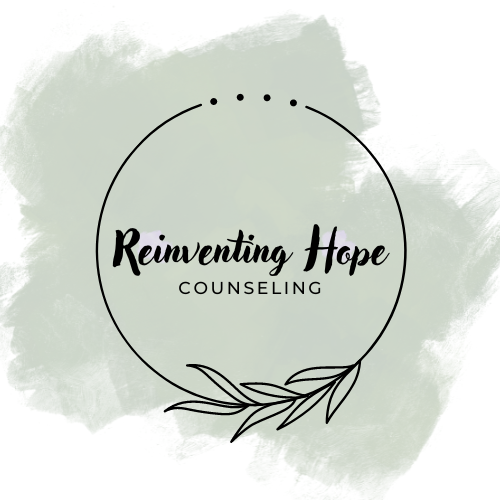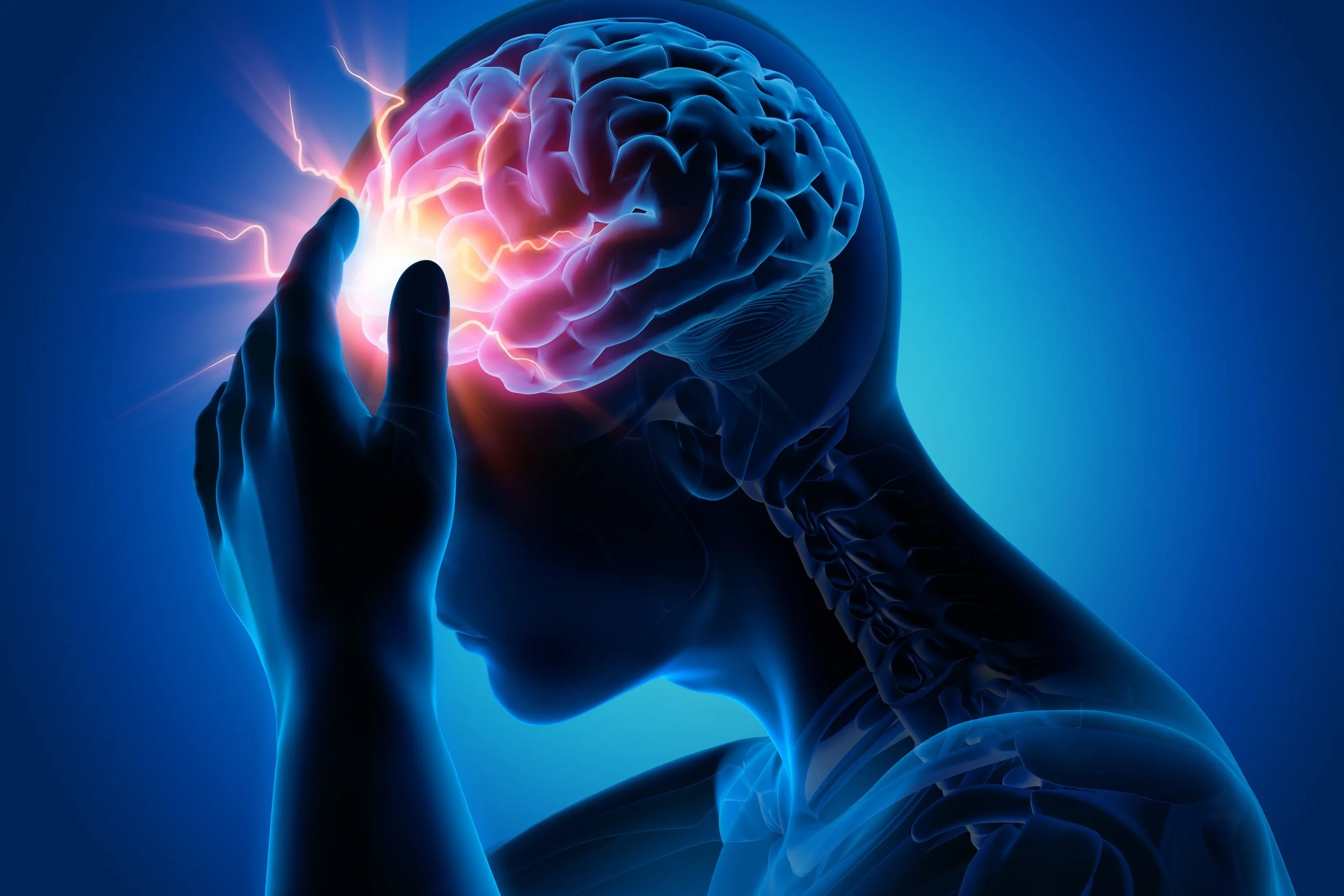Physical and Psychological Symptoms of Trauma
It took me a long time to realize that trauma can manifest in both physical and psychological symptoms. It's important to note that trauma affects individuals differently, and not everyone who experiences trauma will exhibit the same symptoms. However, here are some common ones and strategies to overcome them:
Physical Symptoms of Trauma:
Increased Arousal: Trauma can lead to a heightened state of arousal, which may include increased heart rate, muscle tension, and a feeling of being constantly on edge.
Sleep Disturbances: Trauma may result in difficulty falling asleep or staying asleep, leading to insomnia or nightmares.
Gastrointestinal Issues: Trauma can sometimes manifest as digestive problems, such as irritable bowel syndrome (IBS) or stomachaches.
Chronic Pain: Physical pain, such as headaches or muscle aches, can be associated with trauma.
Brain Symptoms of Trauma:
Flashbacks: Trauma survivors may experience vivid and distressing flashbacks, feeling as if they are reliving the traumatic event.
Anxiety and Panic Attacks: Trauma can lead to heightened anxiety, including panic attacks with symptoms like rapid heartbeat, shortness of breath, and a sense of impending doom.
Depression: Trauma can contribute to symptoms of depression, including persistent sadness, loss of interest in activities, and changes in appetite and sleep.
Dissociation: Some individuals may experience dissociation, a sense of detachment from reality or themselves, as a coping mechanism during or after a traumatic event.
Ways to Overcome Trauma Symptoms:
Medication: I am mixed on my thoughts on medication, however in some cases, medication prescribed by a psychiatrist can help manage symptoms of anxiety, depression, or sleep disturbances related to trauma.
Self-Care: Engage in self-care practices, such as regular exercise, a balanced diet, mindfulness meditation, and relaxation techniques, to reduce stress and improve overall well-being.
Supportive Relationships: Lean on trusted friends and family members for emotional support. Consider joining support groups for trauma survivors to connect with others who have had similar experiences.
Educate Yourself: Learn more about trauma and its effects as well as identify your triggers. Understanding the impact of trauma can help you navigate the healing process.
Self-Compassion: Be kind and patient with yourself as you work through the effects of trauma. Healing takes time, and setbacks are normal.
Professional Help: Trauma-focused therapies, such as CBT, EMDR, or exposure therapy, are highly effective in addressing trauma symptoms. Working with a therapist who specializes in trauma can provide essential support and guidance.
Symptoms of trauma can vary widely, and the process of overcoming trauma is unique to each individual, often requiring time and unwavering persistence. If you or someone you know is grappling with symptoms related to trauma, seeking professional assistance is of utmost importance. Trauma is a complex experience, and professional support plays a vital role in the healing process. Sometimes, we need external guidance to help us see beyond our own perspective.
For additional information on trauma check out these related blog:
https://www.reinventinghopecounseling.com/blog/what-is-trauma-and-why-trauma-informed-care-is-important
https://www.reinventinghopecounseling.com/blog/how-it-trauma-symptoms-manifests-as-anxiety-depression-and-more
https://www.reinventinghopecounseling.com/blog/healing-from-trauma-seven-stages-to-trauma-recovery
https://www.reinventinghopecounseling.com/blog/how-childhood-trauma-affects-adulthood

